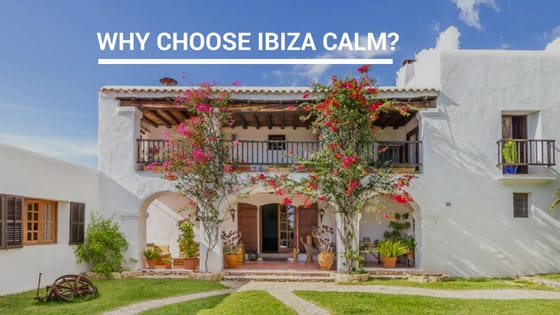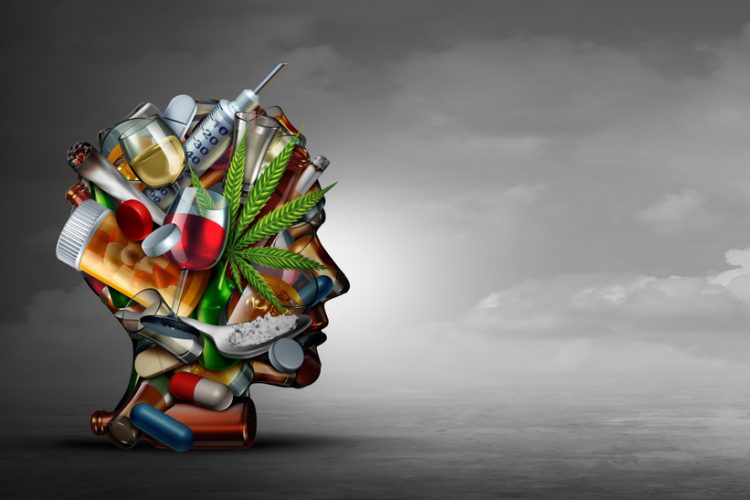
Feeling SAD? Social Anxiety Disorder and its Links To Addiction
Feeling nervous in social situations is a feeling all of us will be rather familiar with but for some, social interactions are so overwhelming that social situations are avoided and the disorder, known as social anxiety disorder (SAD) can take over and hold huge implications to ones life.
Social anxiety disorder is a mental health disorder which presents from fear of social interactions such as, meeting strangers, public speaking, parties, eating in front of others, interviews, school or family occasions. The feelings are intense and overpowering, differing from the human norm response to social interactions of feeling shy, or awkward with a build up fear leading to the following symptoms and feelings.
– Feeling sick, sweating, tremberling
– Panic attacks
– Increase heart rate
– Low self esteem and depression
– Negative thoughts
Avoiding eye contact, isolating themselves, unable to perform tasks when people are watching and having feelings of dread performing everyday activities are also typical characteristics of those who suffer with the disorder. The cause of SAD is unknown however, it is thought the fear stems from the worry of being judged, being humiliated, accidentally offending someone and fear from being the centre of attention. It is suggested that there is a link between an over-reactive part of the brain called the amygdala, which controls the body’s response to fear to SAD and also a genetic component between family members, like many other mental health disorders. SAD is thought to develop after adolescence with shyness as a child being a risk factor including bullying, abuse or controlling parents.
SAD and Addiction.
It may be hard to come to terms with other people’s confidence and ability to socialise if you suffer from SAD and as humans, it is a natural reaction to avoid situations that led us to fear or feeling extremely uncomfortable, we therefore look for ways to cope. Isolation can occur by avoiding interactions and looking for coping mechanisms such as alcohol and drugs. According to the National Institute on Alcohol Abuse and Alcoholism, approximately one in five social anxiety disorder sufferers’ abuses or has an addiction to alcohol. These substances can help boost confidence and help calm and relax the user but it does not treat the cause and as the feelings of anxiety and immense fear will still be present, an addiction occurs and creates a vicious circle of SAD, fear and a masked coping mechanism (alcohol/drugs). Other addictions may also occur in a bid to numb the anxiety such as excessive exercise or eating or watching too much TV/video games. Truth be told, without treating the root cause false coping mechanisms will still occur and the trouble is with those who suffer from SAD is that very few actually seek professional help and it may not be until such addictions occur that the root cause of social anxiety is diagnosed.
What Help is out there?
The first step is understanding the disorder and a diagnosis may bring reassurance if it was previously difficult to understand why such feelings occur, leading to even further frustration and anxiety. If alcohol or drugs are present, safe detoxification in rehabilitation centres such as Ibiza calm and bespoke medication and treatment can be discussed with a psychiatrist and the team. Research has shown that work with a psychotherapist and techniques such as Cognitive Behavioural Therapy can be beneficial to those who suffer from SAD. Therapy can help reinforce more positive coping mechanisms and in time replace the old negative ones. At Ibiza calm, we also offer education sessions and group therapy to empower and educate our clients.
Suffering from social anxiety disorder can impact relationships, work and careers, hobbies, education and normal day to day routine activities are disrupted or done so with irrational fear. Lives are clearly disrupted and living in fear and anxiety is a life that no one should be subjected to . It is an essential classification within the field of mental health and should be recognised alongside addictions so that the right help and care can be provided to the individual.
Share this information, choose your platform!
What is special about treatment at Ibiza Calm?
What is special about treatment at Ibiza Calm? The home of Ibiza Calm is a 500-year-old Ibizan Finca situated on three hectares of farmland, lined with orange and lemon groves. This idyllic setting offers the perfect combination of privacy, peace …
5 reasons to consider a rehab centre for the treatment of depression
Residential rehab is typically linked with substance misuse and addiction. However, it is also a practical and sensible option for those struggling with depression, or any other mental health condition, who need the extra care and support that inpatient treatment …
Is alcohol a drug?
Alcohol is the intoxicating component in wine, beer, and spirits like vodka and whiskey. Yes, it is a drug. It is a psychoactive substance which means it affects the way the brain works, triggering changes in mood, perception, thoughts, feelings, …
The impact of addiction on the family
Addiction is a devastating mental health disease that impacts the whole family. Not only do family members have to watch someone they love kill themselves slowly, through drink, drugs, or a behaviour, but the effects are far-reaching as it influences …









